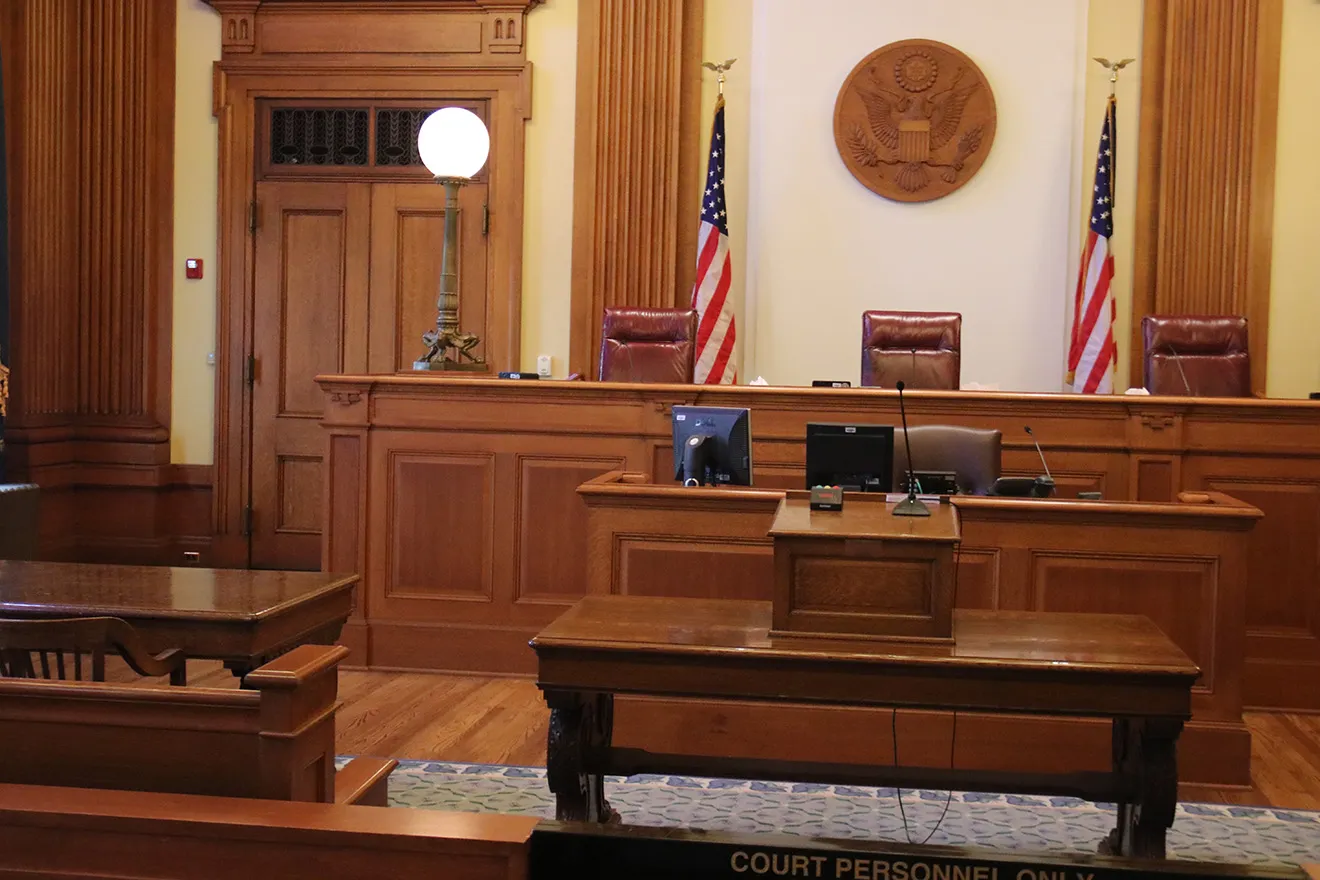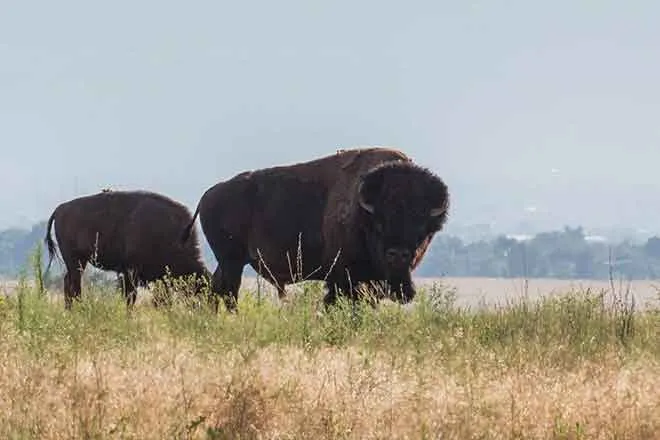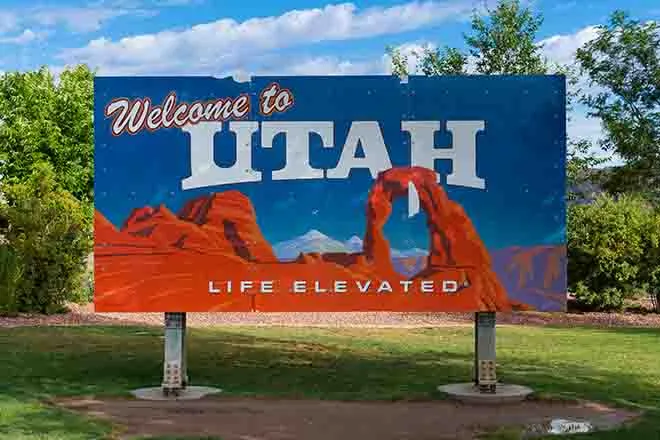
Daily Audio Newscast Afternoon Update - September 19, 2025
© INDU BACHKHETI - iStock-1336427297
News from around the nation.
Washington and Beijing agree on a deal "framework" for TikTok; Congress urged to expand USDA investments to support rural PA; Michigan joins states stepping up to regulate AI; Ohio joins network of 'age-friendly' states, communities.
Transcript
The Public News Service Friday afternoon update.
I'm Mike Clifford.
President Donald Trump and Chinese leader Xi Jinping on Friday began a much-anticipated call aimed at finalizing a deal to keep TikTok from going dark in the U.S.
That from CNBC.
They report Treasury Secretary Scott Bessett said following talks between the two economic superpowers in Madrid that Washington and Beijing agreed on a deal framework for the social media platform.
CNBC notes ByteDance TikTok's parent company has faced an ultimatum under a federal law requiring it to either divest the platform's American business or be shut down in the US.
Meantime, federal support is vital for rural Pennsylvania, but officials in rural counties say it often is hard to get.
Some of them spoke up at a hearing this week in the Congress.
One program that made a real difference is USDA Rural Development.
Since 2015, it's backed 95 local projects in Potter County, Pennsylvania, with investments totaling over $8 million.
At a U.S. House Agricultural Committee hearing, Potter County Commissioner Paul Heimel urged Congress to modernize and expand these types of programs and make it easier for rural communities to tap into funding, especially by streamlining support for smaller projects.
Congress should direct the USDARD to develop a simplified application and approval process, allowing those of us with limited local resources to quickly secure funding for time-sensitive local needs.
Danielle Smith reporting.
And with Congress yet to pass broad regulation of artificial intelligence, Michigan is among the states moving ahead with its own guardrails.
Local AI regulation is taking shape in Michigan with a 2024 resolution on preventing bias and new statutes on AI-generated election content.
Professor Anjana Susarla, who teaches about responsible AI Michigan State University points to a policy in one Western state that addresses the everyday use of AI.
In the state of Utah, the Artificial Intelligence Policy Act, if you are talking to an AI chatbot, that you should clearly know that there has to be some disclosure around the use of AI.
Among Michiganders age 50 and older, 91 percent say they want to know if the information comes from a human or from artificial intelligence.
Crystal Blair reporting.
Next, Ohio is responding to its rapidly aging population by joining the AARP Network of Age-Friendly States and Communities.
Governor Mike DeWine announced the designation this week, making Ohio the 13th state to commit to policies that support residents across their lifespan.
Jenny Carson is AARP Ohio State Director.
It's about making safer streets for families, accessible transportation for older adults, and it doesn't matter whether or not you're 80 or eight years old.
It's about reimagining what it means to grow up and grow old together.
More than 1,000 communities nationwide are already enrolled in the age-friendly network.
This is Public News Service.
The city of Racine has published public records related to Microsoft's Hyperscale data center in Mount Pleasant.
The documents were released following a lawsuit against the city for failing to provide information about water usage estimates for the facility.
Environmental non-profit Milwaukee Riverkeeper filed a request in February seeking information on water use at the Microsoft Data Center.
The city records release showed it will require an estimated 8.4 million gallons of water each year.
Michael Greif is with Midwest Environmental Advocates who filed the lawsuit.
He says the city failed to respond for more than 200 days and then claimed the information was confidential.
That's six months in which the public was deprived of that information, which prevents them from being able to assess the impacts of this project on their community or their pocketbook or on the local environment.
Racine officials say they delayed releasing the information until they determined if it violated contractual agreements.
Supporters of the data centers say they create jobs, grow communities and advance local manufacturing sectors.
I'm Judith Ruiz Branch reporting.
And significant cuts to the U.S. Department of Agriculture by the Trump administration have reduced staff working locally for the Rural Development Program, including in New Mexico.
Speaking to a U.S. House subcommittee on Thursday, Sochil Torres-Small said USDA Rural Development offices now lack engineers, authority and experience to get vital projects approved.
She notes those trials are compounded by cuts to Medicaid, rural schools, food assistance and canceled infrastructure investments, including expanded broadband.
The problem I'm raising isn't simply that federal staffing was cut.
Rural Americans are more than willing to tell us what is working and what isn't.
The problem is that those cuts happened without consulting the very people they affect.
I'm Roz Brown.
Finally, the wild rice harvest season in Minnesota ends September 30 and a Native American tribe in the state's north central region is not only thinking about this year's results, Its members say a proposed mine nearby could harm future harvests.
Talon Metals wants to build a nickel mine near Tamarack to supply electric vehicle batteries.
The Mille Lacs Band of Ojibwe and partner organizations worry about waste flowing into the Mississippi and St. Croix River watersheds.
The Mille Lacs Band's Natural Resources Commissioner, Kelly Applegate, says beyond the threat to drinking water, there's a fear the abundant wild rice beds would find it hard to survive. rice it's almost like a sentinel species like a canary in a coal mine if you will very sensitive to water chemistry changes.
Applegate says wild rice is closely tied to the cultural identity of Ojibwe people.
I'm Mike Mowen.
This is Mike Clifford for Public News Service.
Member and listener supported.
Find our trust indicators at publicnewsservice.org.

















